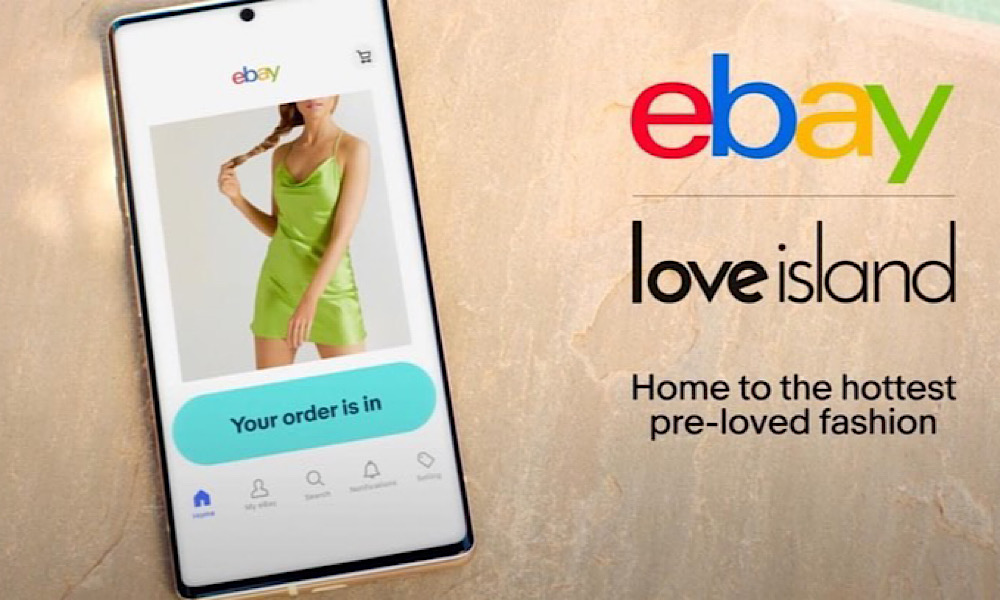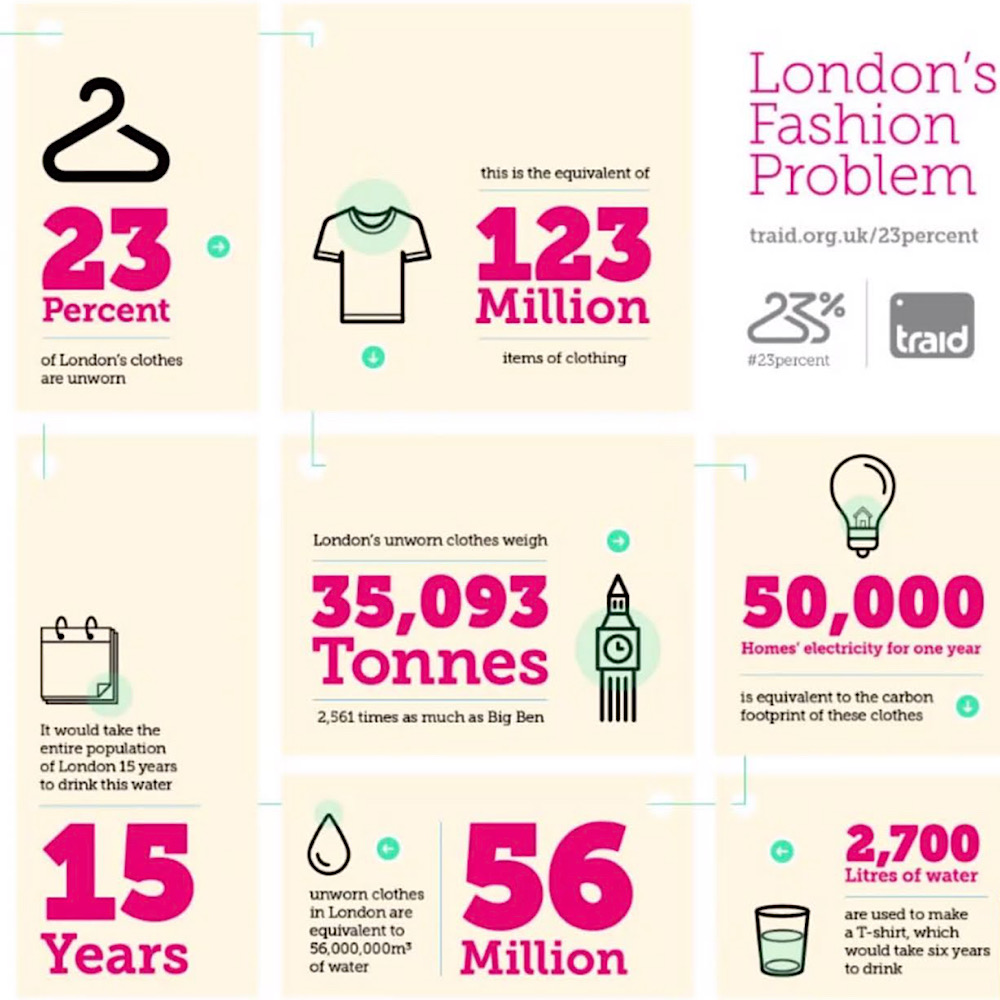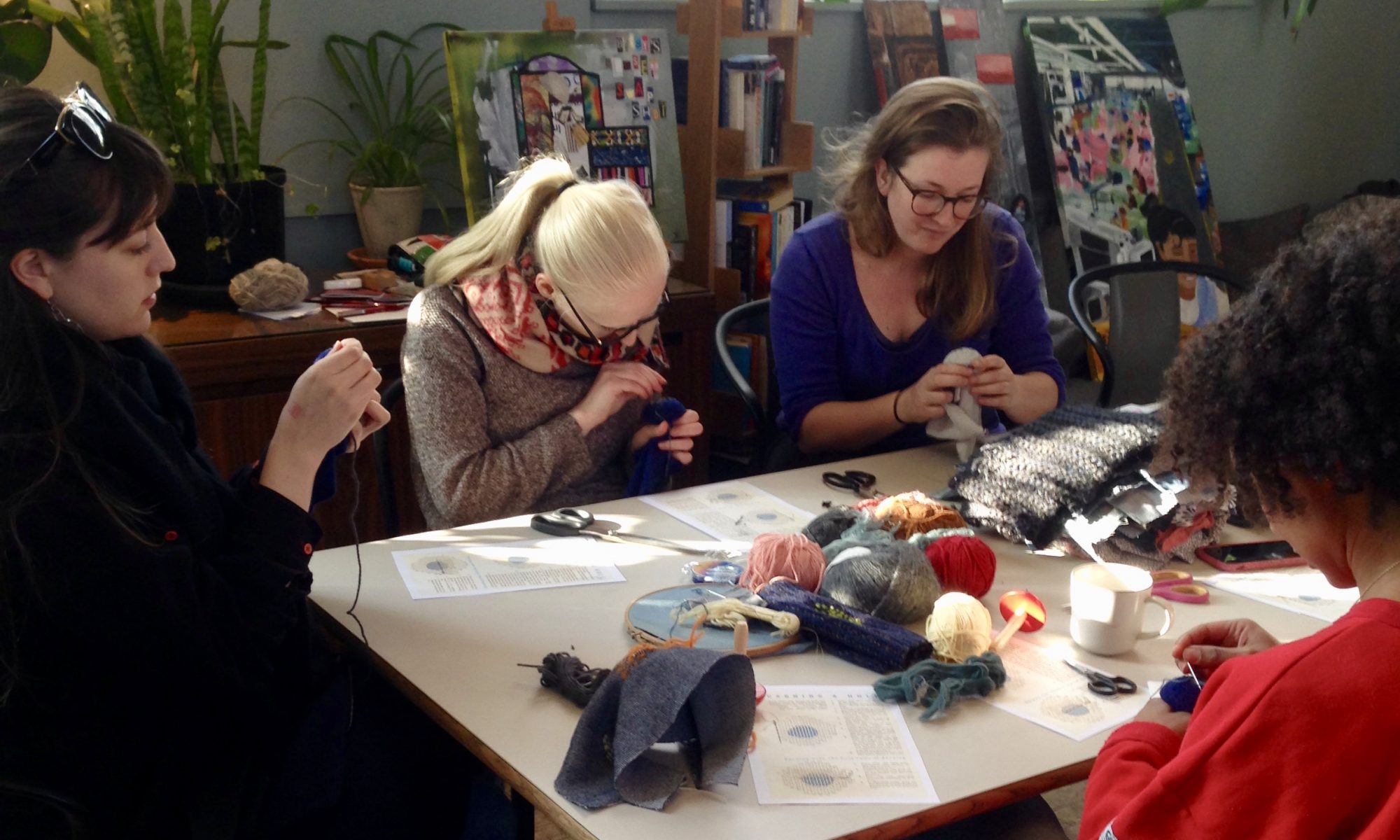
Whether you love it or hate it, Love Island has been back on our screens for just over a month. With the first episode having around 2.4 million viewers, the effect of its new partnership with second hand retailer, eBay, can’t be ignored. After years of sponsorship by fast fashion brands like Pretty Little Thing and I Saw it First, Love Island is finally recognising its impact on fashion consumption.
Early reports have already suggested the push towards eBay is changing behaviour. Searches for reversible dresses on the site up by 200% and for cut-out dresses up 79% in the first week.
Second hand retailer ThredUp reported on the emergence of new technologies in the resale market. Online market places like Ebay or Depop has meant that 70% of consumers find it easier to shop second hand than they did five years ago. ThredUp claim that second hand clothing sales replaced just under 1 billion items of new clothing sales in 2021.

With features like the ‘Love Island Edit’ on eBay’s homepage, resale retailers are now seeing the importance of making their goods easier to find and quicker to purchase when competing with fast fashion brands. This is positive news to counteract the unsustainable effects of fast fashion.
At Fast Fashion Therapy we encourage people to repair their clothes. It might be something you have owned for a long time or perhaps you bought it second hand. Something you found or brought brand new. There are no judgements on where you buy your clothes, we are just happy to help you repair it. Repairing clothes prevents them from reaching landfill and replacing the item with something new.

Jose baladron from Trade shared some interesting facts about at a webinar hosted by Essex County Council:
- Total greenhouse gas emissions form textile production are 1.2 billion tonnes annually, more than those of all international flights and maritime shipping combined.
- In the UK, we send over 300,000 tonnes of clothes to landfill every year, much of it wearable, worth £140m.
Extending product’s lifetimes are the first preference when it comes to actions to improve clothing’s sustainability. Extending the life of a garment by just 9 months reduces the carbon, water and waste footprints by 20-30% each
Jose Baladron, Trade.org.uk
Speaking at the same webinar, Ecowise had conducted research on the wardrobe habits of 709 people living in the UK. They stated that the average respondent acquires between 4 to 10 items of clothing and gets rid of 3 to 8 items of clothing every three months.
In summary, buying your clothes second hand and repairing what you already have goes a long way to combat the negative effects of the fashion industry. Join us for a workshop this Autumn. We are taking a break from workshops during August but will be back in September on Monday evenings. Three a month in person and one a month online. Sign up to our newsletter for more details. Or keep your eye on the Calendar page of our website.
References
- Jose Baladron (Traid) and Ecowise presented at a webinar sharing the findings of project: BLUEPRINT to a Circular Economy – 2020 to 2023
- ThreadUp Annual Report 2021
